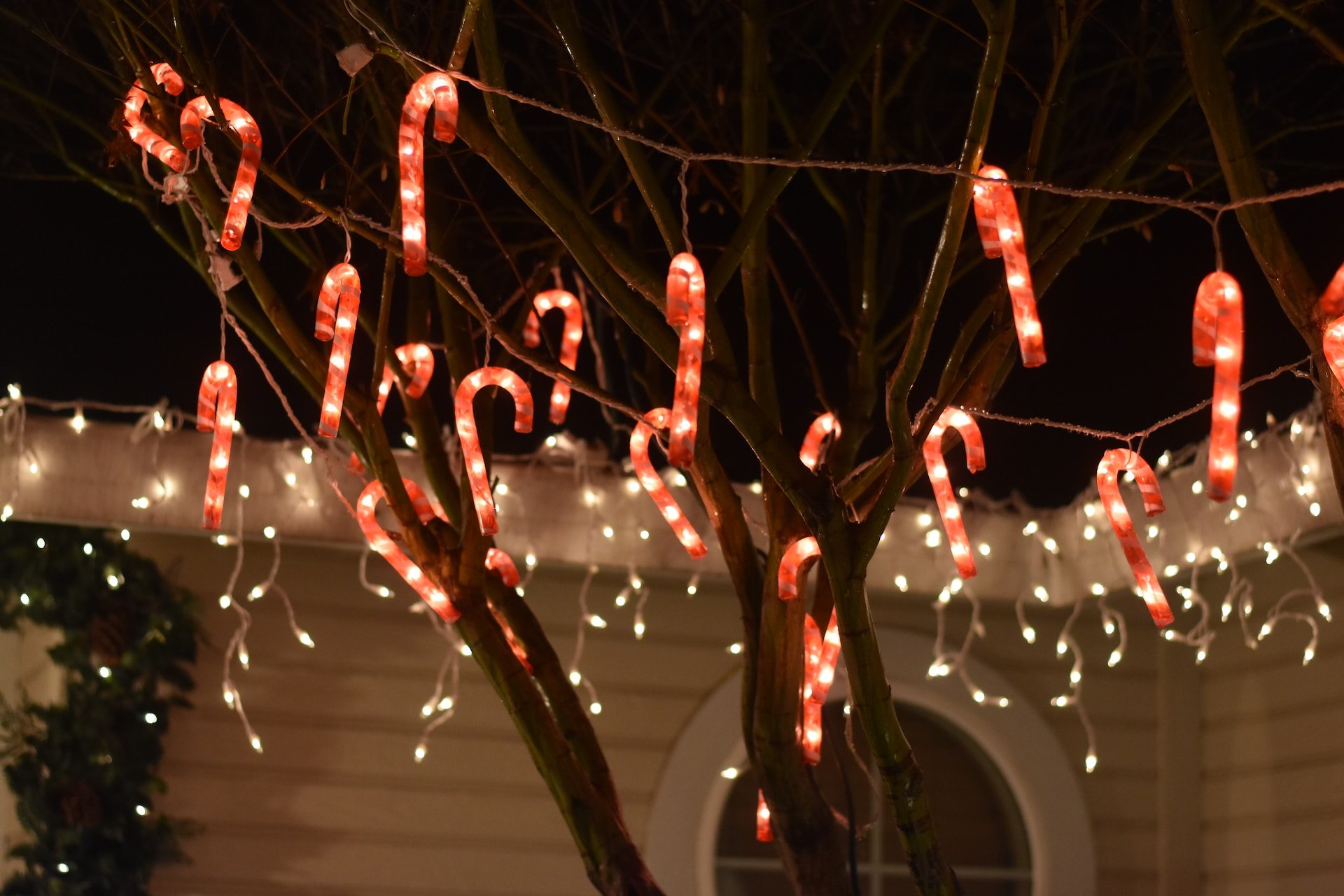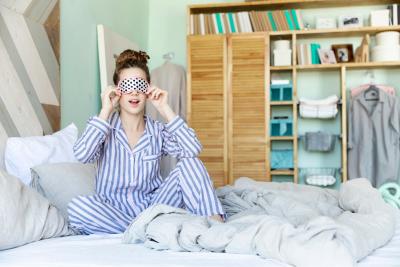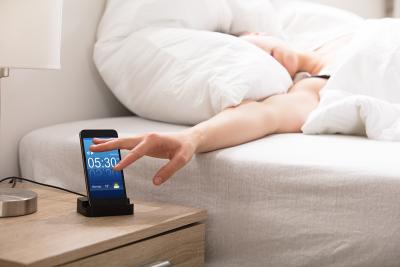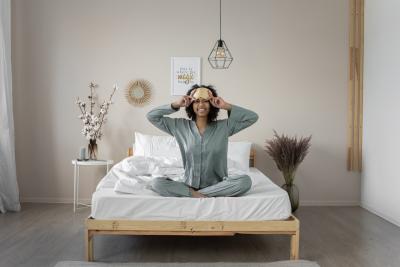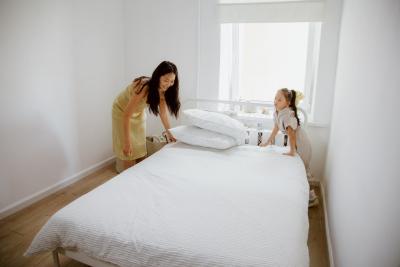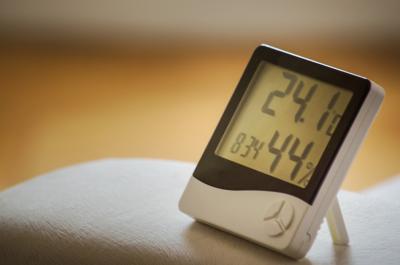As the festive season approaches, many of us eagerly decorate our homes with bright, twinkling Christmas lights. While these decorations add a magical touch to our surroundings, did you know that certain Christmas lights can negatively impact your sleep?
Dr Katherine Hall, our resident sleep psychologist of Somnus Therapy, has shed light on the intricate relationship between Christmas lights and sleep before revealing the best and worst Christmas lights for a person's slumber.
The dark side of Christmas lights on your circadian rhythm
Dr Katherine Hall said, "Being exposed to intense, bright, or flashing lights in the run-up to bedtime is one of the worst things you could do for your sleep hygiene.
"Essentially, the flashing, bright lights we all adore during the festive season send the wrong signal to your brain, tricking it into thinking it's still daytime. This deception prevents the production of melatonin, which brings on a sleepy and drowsy state, contributing to your sleep-wake cycle.
"This disruption to your circadian rhythm can lead to difficulties falling asleep, and you're likely to have reduced sleep quality, ultimately affecting your energy levels the next day."
Which Christmas lights are bad for sleep?

Blue lights
According to Dr Katherine Hall, blue lights, multi-coloured lights and those that flash are the worst sleep disruptors. She elaborates, "Blue light exposure in the evening has been linked to further suppression of melatonin and interference with your circadian rhythm. Similarly, flashing lights create heightened visual stimulation, hindering your ability to switch off at night."
Blue light is often found in artificial lights, particularly phones and LED lights – something that is frequently found in Christmas lights. We find blue light to be stimulating, which means it can affect alertness and your sleep cycle.
Multi-coloured lights
But what about the more traditional, multi-coloured lights? Dr Katherine Hall suggests that their broad spectrum of colours can also contribute to the prevention of melatonin production.
She explains, "Traditional multi-coloured lights, while festive and visually appealing, emit a range of colours that collectively may interfere with the body's ability to regulate melatonin effectively.
"This variety of hues, although charming, can create a level of light complexity that prevents your mind from winding down. It's like having a mini light show before bedtime, and while it adds a joyful touch to the holidays, it may not be the best companion for a restful night's sleep."
Dr Katherine Hall suggests turning off blue, multi-coloured or flashing lights at least two hours before bed. She said, "This allows melatonin production to follow its natural circadian rhythm, promoting a smoother transition to sleep and overall better sleep quality. It's a small change that can make a big difference in how well you sleep."
What Christmas lights are best for sleep?

Warm white or red
In the spirit of creating a sleep-friendly environment during the festive season, Dr Katherine Hall suggests considering alternatives with a warmer tone.
"Opting for lights in a single, warm colour, such as red or warm white, could be a favourable choice. These lights offer a gentler and more soothing glow, aligning better to promote relaxation and better sleep quality.
"Research indicates that red light enhances sleep quality, facilitating a quicker and more restful sleep. Warm white lights emit a softer, less stimulating glow than bright white or blue, contributing to a restful night's sleep."
This has been backed up with a study in 2012, that found that athletes who received red light therapy had improved sleep quality and better melatonin levels. As well as this, another study found that those who were exposed to red light experienced less sleep inertia – or in other words, they were less groggy in the morning!
"Similarly, lights that are continuously lit instead of flashing are the most effective for a good night's sleep. Given these benefits, these kinds of lights make an excellent addition to a bedroom and can be implemented as part of your winding down routine. The gentle and calming ambience creates an ideal environment to read a book, aiding your wind-down process rather than engaging with television or phones, both of which emit blue light."


